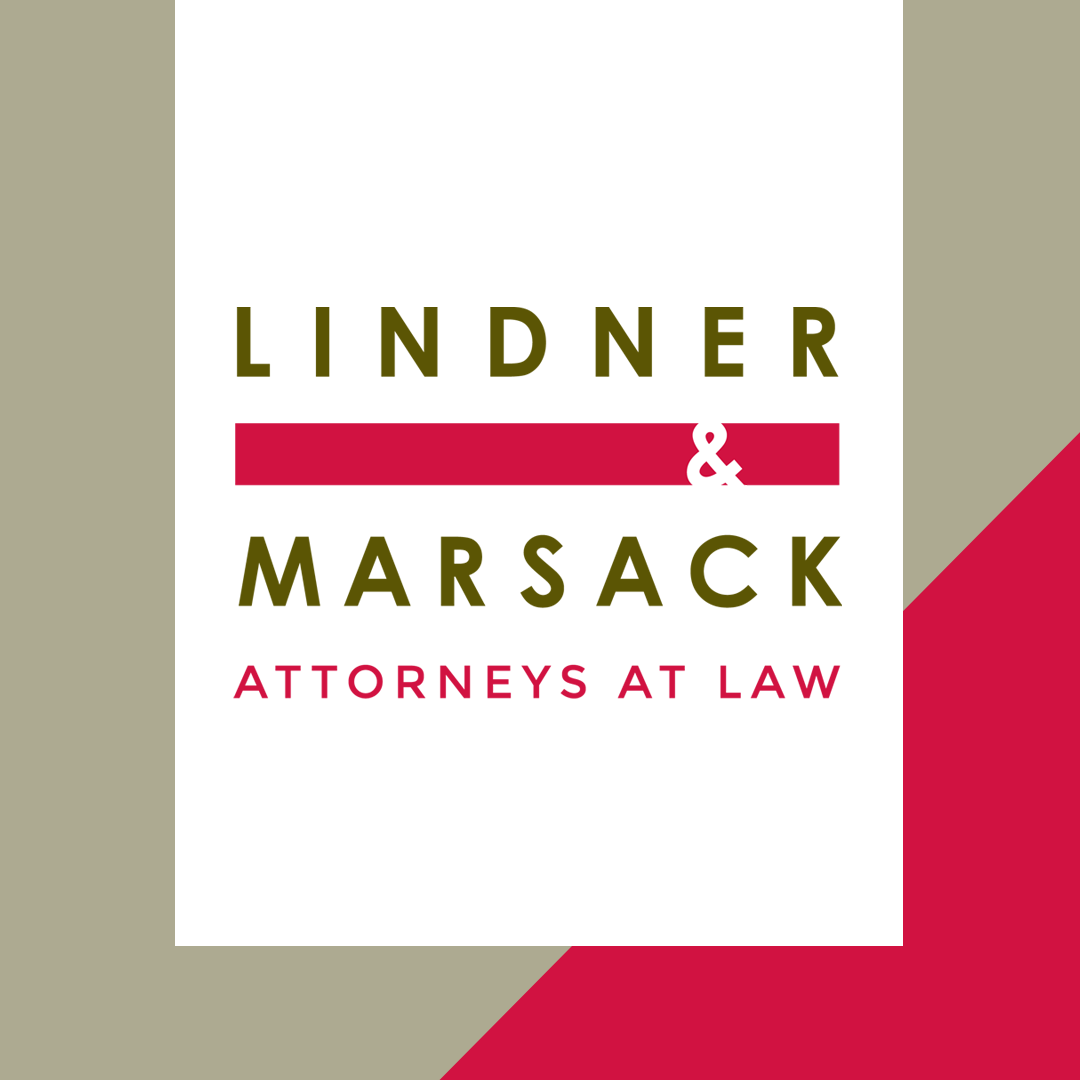November 13, 2014 By: Alan M. Levy and Samantha J. Wood The Affordable Care Act (ACA) has recently popularized employer wellness programs. The Department of Labor and Health and Human Services are presenting the ACA as promoting such programs by encouraging employers to offer “rewards” for participation. According to the final regulations, such “rewards” can […]

